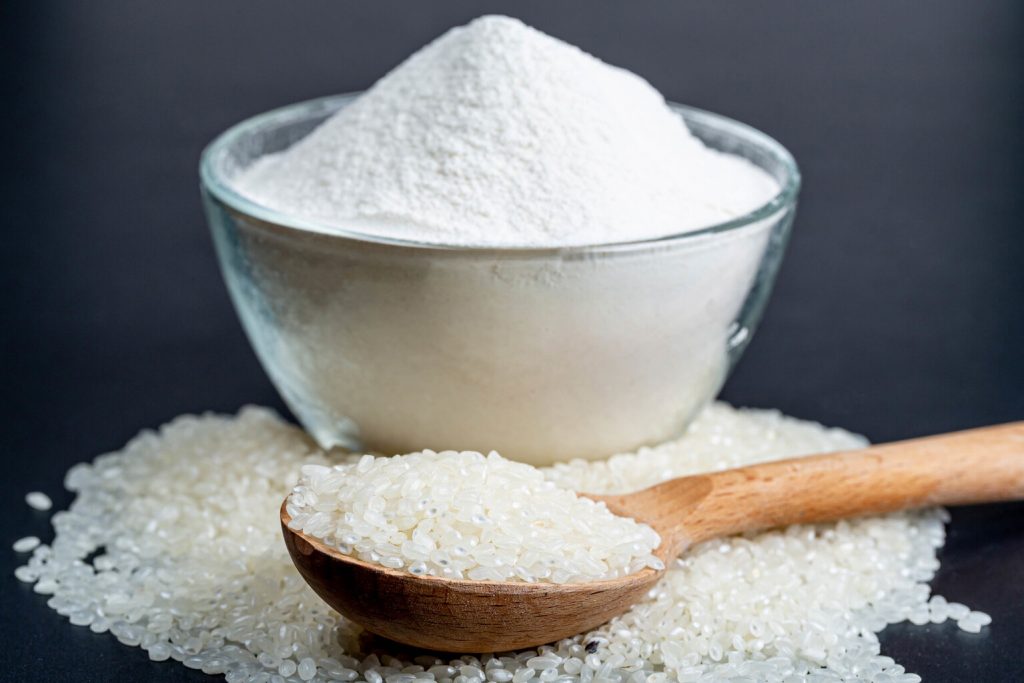Organic rice syrup and tapioca syrup are used interchangeably for many purposes. They are excellent sweeteners that are used as a binding agent and add a good texture and moisture in many recipes. Both of them being hypoallergenic as well as gluten-free makes them suitable for vegans as well as people who easily suffer from an allergic reaction or those who are on a gluten-free diet.
However, lately, the trend, that organic rice syrup is much preferable to tapioca syrup, is not uncommon, leaving many confused about the reasons.
This article will discuss the reasons and the negative impact of tapioca syrup due to which organic rice syrup is much more preferred.
How is organic rice syrup made?
Organic rice syrup is derived from rice flour, the lack of processing makes it organic and healthy. Organic rice syrup has a transparent color and thick texture, while it has a mildly sweet taste with buttery or honey-like flavor notes.
Organic rice syrup is a perfect ingredient to stabilize moisture and texture thus it is used in baked goods, the pharmaceutical industry as well as the confectionery industry.
Along with being vegan, orycoze syrup is also hypoallergenic thus being great for those who suffer from allergic reactions.
Tapioca syrup: The negative impact
Tapioca syrup is similar to organic rice syrup when it comes to color, texture, taste as well as uses. They also share some common advantages as well. However, there are some reasons why organic rice syrup is much preferred.
Firstly, tapioca syrup is made from tapioca starch derived from cassava roots. The starch is obtained by shredding, washing, and then dehydrating them. Thus its internationally agreed upon that starch is already processed, thus any product made from it will also be processed. Whereas, it is a well-known fact that organic rice syrup is not processed due to it being extracted from rice flour which does not undergo any process.
Secondly, tapioca syrup or its starch is imported. As it is not locally available it is difficult to obtain it thus many suppliers sell fake tapioca syrup. Added to this its supply chain cannot be trusted. On the other hand, rice flour is available locally. The most important factor is that the rice for orycoze rice syrup grows very close to its factory. This results in a highly trusted supply chain and a syrup that is as organic as it can be.
Thirdly, tapioca syrup is a relatively expensive syrup. Mainly because tapioca starch is imported. This also results in making the end product highly expensive as compared to a product made with rice syrup. On the other hand, due to the local availability and easy access to rice flour, rice syrup is not costly.
Lastly, tapioca syrup due to being a starchy syrup contains carbohydrates. This results in a negative impact on blood sugar levels, thus anyone who already suffers from this should avoid tapioca syrup.
Wrapping it up
Tapioca syrup is a great sweetener as well as an ingredient that is crucial to add texture or controlling moisture in a product. However, it is not completely organic and healthy. Along with this, it is also an expensive alternative that can not be obtained locally.
With a supply chain that can not be trusted, tapioca syrup does not seem to be a good option. Whereas rice syrup is not only organic and much healthier as it is extracted from rice flour, it is also easily available locally at a good price as well. Thus organic rice is much more preferred instead of tapioca syrup.




